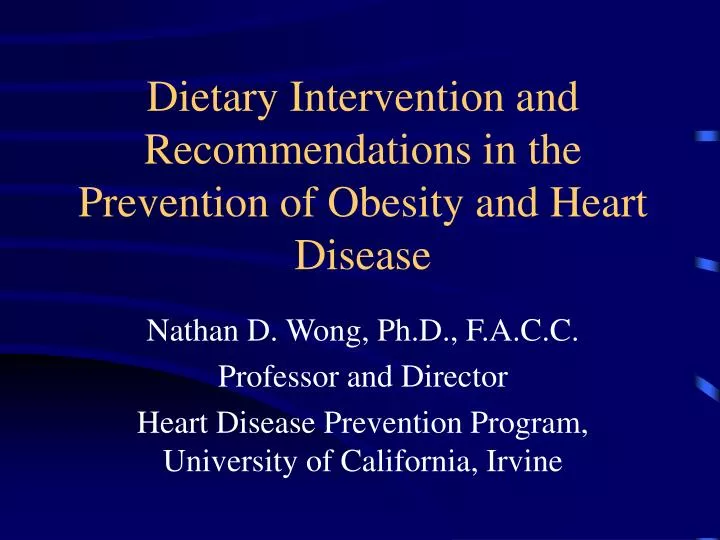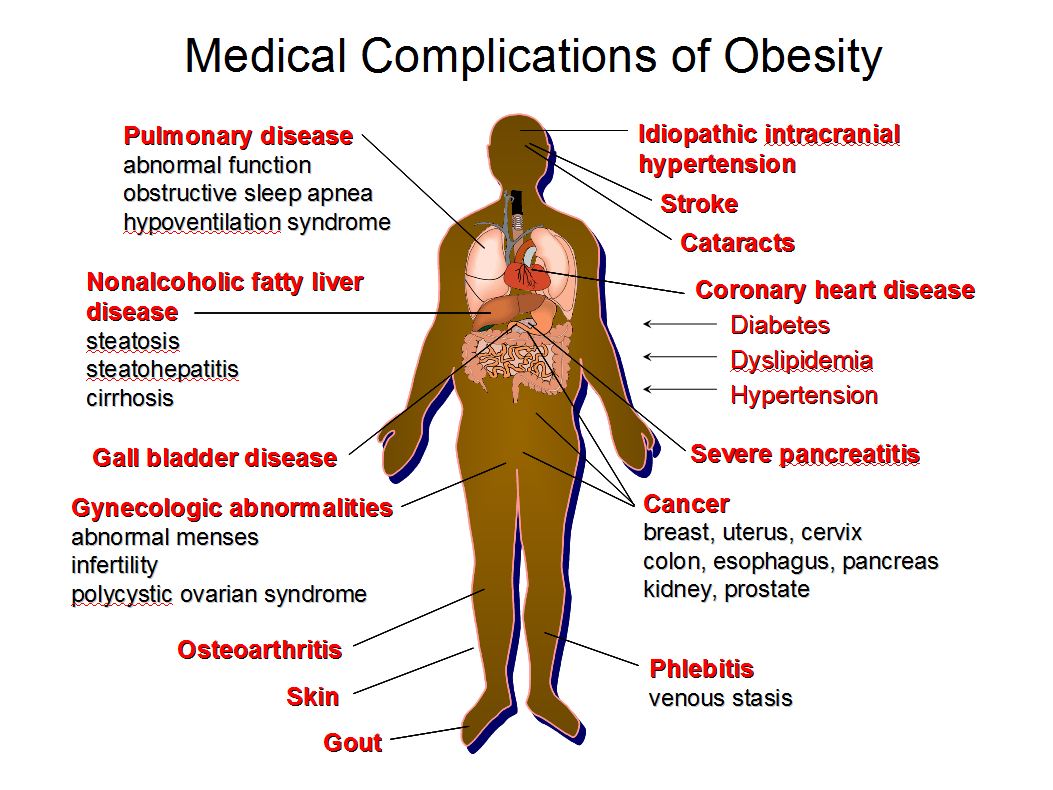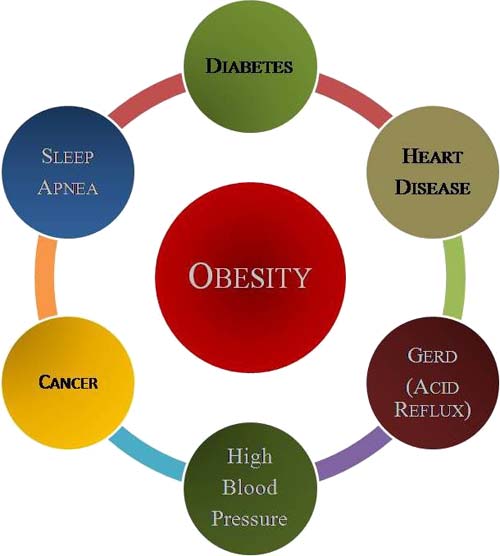Obesity and Disease Prevention - PPT - Dietary Intervention and Recommendations in the Prevention of Obesity and Heart Disease

A lot of people now use body mass index calculators in an effort to decide if they may be overweight you aren't. While not the ultimate way to choose this determination a BMI calculator is an easy technique of doing it. Therefore you must be sure you know the way you use one to help you get accurate results.
PPT - Dietary Intervention and Recommendations in the Prevention of Obesity and Heart Disease These are 15 Images about PPT - Dietary Intervention and Recommendations in the Prevention of Obesity and Heart Disease
The first thing that you must do if you are intending to employ a BMI calculator is usually to make sure that you understand what exactly you happen to be calculating. It is simply a way to determine what your weight needs to be depending on your height. Even then the final results will not be all of that accurate so don't put excessive stock with them. It is however a useful opportinity for most people to get a solid idea of if they are overweight.
Treatment and Prevention of Heart Disease Everyday Health
Download
Second, measure the person's weight in kilograms. If the given data weight just isn't in kilograms, another conversion will be done. In this case, one kilogram is the same as 2.2 pounds. Therefore, if your given weight is 150 lbs, it could be become kilograms by dividing the worth by 2.2. That is, 150 lbs/ 2.2 lbs = 68.18. To get the unit, which can be kilograms, multiply the worthiness by 1 kg. That is 68.18 x 1 Kg = 68.18 Kg. Therefore, if your given weight is 150 lbs, the same value in kilogram is 68.18 Kg.
Complete Guide to Obesity as a Disease: Causes, Prevention, Cure Nutrition Beast
Download
Apart from this, there are some professional calculators as well including the scientific calculator online. This can help people in a variety of professions for example people who find themselves into engineering, mining, geometry, security, or even the construction industry. The scientific calculator is incredibly handy to have indeed.
The Effects of Obesity on Non-Communicable Diseases Think Health Magazine
Download
But how do you lose fat? The answer to this question is based on first discovering how somebody gains weight. Every food that we intake contains calories. Likewise, everything we do burns off calories. How then do you put on weight? It is if you consume more calories than you burn. For example, should your body naturally burns 3000 calories every day, and you also consume 4000 calories every day, you would surely gain pounds. But should you burn 3000 calories each day and eat 2000 calories every day, you'll shed weight. On the other hand, in case you burn 3000 calories each day and consume 3000 calories every day, unwanted weight is likely to stay.
The Effects of Obesity on Non-Communicable Diseases Think Health Magazine
Download
The Do's and Don'ts of Infographics Nellie Maher
Download
Obesity and heart SiOWfa15: Science in Our World: Certainty and Controversy
Download
Treatment and Prevention of Heart Disease Everyday Health
Download
Know about Symptoms, Causes, Tests and Treatments of Obesity
Download
ABCD: Obesity Has a New Name, But Will It Stop the Epidemic? American Council on Science and  Download
Download
How Will Obesity Rates in the Future Affect Your Healthcare Career? MHADegree.org
Download
Obesity-related disease. Causes, symptoms, treatment Obesity-related disease
Download
Obesity, causes, complications and prevention - Homeopathic Specialist Dr Harsh Sharma
Download
Know about Symptoms, Causes, Tests and Treatments of Obesity
Download
Registration open for Center for the Prevention of Obesity Diseases' spring retreat Nebraska 
Download
Post a Comment for "Obesity and Disease Prevention - PPT - Dietary Intervention and Recommendations in the Prevention of Obesity and Heart Disease"